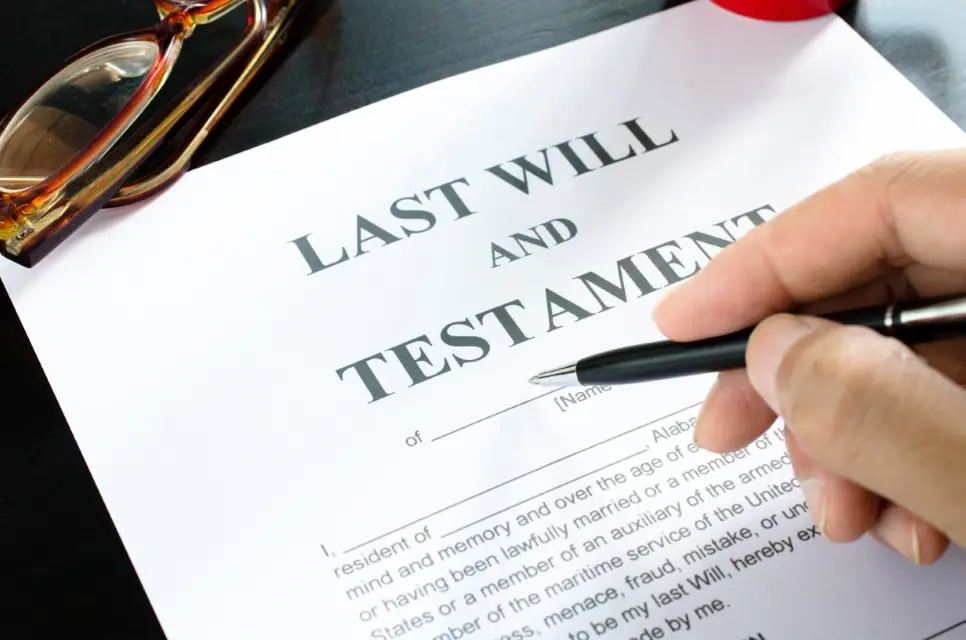Selecting the right executor for your estate is a crucial decision when it comes to estate planning. Your chosen executor will be responsible for managing your assets, settling your debts, and ensuring your wishes are carried out according to your will. It’s a role that demands trust, responsibility, and a clear understanding of the legal and financial processes involved. In this guide, we’ll explore the essential considerations for choosing an executor for your estate.
Understanding the Role of an Executor
Before delving into the selection process, it’s important to grasp the duties an executor must fulfill. An executor’s primary responsibilities include:
- Asset Management: Executors must inventory and manage all your assets, including real estate, bank accounts, investments, and personal property.
- Debt Settlement: They are responsible for paying off your debts, including outstanding bills and taxes.
- Distributing Assets: Executors distribute assets to the beneficiaries as outlined in your will.
- Legal and Financial Compliance: They ensure that all legal and financial matters are handled correctly, including filing necessary documents with the court.
Given these critical tasks, here are the steps to guide you in selecting the right executor for your estate:
Identify Candidates
Start by listing potential candidates who are close to you and whom you trust. Common choices include family members, close friends, or financial professionals. It’s essential to consider individuals who are organized, responsible, and able to handle the emotional aspects of the role.
Evaluate Their Qualifications
Once you have a list of potential executors, assess their qualifications:
- Financial Literacy: An executor should have a good understanding of financial matters to handle assets and debts effectively.
- Availability: The chosen executor should be available to commit time to the estate administration process.
- Neutrality: If there is a possibility of family disputes, consider an executor who can remain neutral and make impartial decisions.
Communicate Your Wishes
It’s crucial to have open and honest discussions with your potential executors about your expectations and the responsibilities involved. This ensures that they are willing to take on the role and understand your desires.
Consider a Professional Executor
If you don’t have a suitable family member or friend to fulfill this role, you can opt for a professional executor. These individuals or entities are experienced in estate management and can provide expert guidance.
Can I choose more than one executor for my estate?
Yes, you can appoint multiple executors, which can provide additional oversight and expertise. However, it’s essential to ensure they can work together effectively.
Can I change my executor after I’ve made my will?
Yes, you can change your executor at any time by amending your will. It’s a good practice to review your choice periodically to ensure it still aligns with your wishes.
What happens if I don’t choose an executor in my will?
If you don’t specify an executor in your will, the court will appoint one, typically a family member or a professional executor. It’s better to choose someone you trust to avoid complications.
Can my executor be a beneficiary in my will?
Yes, your executor can also be a beneficiary. However, it’s crucial to ensure that their role as an executor does not create a conflict of interest, and the will is clear about their entitlement.
Conclusion
Selecting the right executor for your estate is a significant decision in the estate planning process. Your chosen executor will play a crucial role in ensuring that your assets are distributed as per your wishes and that your debts are settled correctly. Take the time to evaluate potential candidates, communicate your expectations, and, if necessary, consider professional executors. By making an informed choice, you can have peace of mind that your estate will be handled with care and responsibility when the time comes.







